
Hands-on tasks include dimensions, marking out, forming, filing, soldering, making settings, cutting stone holes, back holes, and polishing to achieve filing designs, band ring designs, and mount designs.
**Programme subject to enrolments and demand in 2025.

This programme is an informative and practical starting point for those who are interested in learning about the general manufacturing process of jewellery, and for those who are looking to take the first step towards pursuing a career in the jewellery or goldsmithing industry.
Students will develop theoretical knowledge about precision, accuracy, problem-solving and design which will be applied and practiced through hands-on tasks.
This programme will also equip students with foundational theory and practice if they decide to proceed with further study of jewellery and goldsmithing.
Students will study jewellery and goldsmith theory and apply this knowledge through manufacturing tasks culminating in an individual design and make project.
18 weeks
Full-time
February 2025 Intake
17/02/2025
July 2025 Intake
21/07/2025
Auckland City Symonds Street Campus
All 2025 fees are subject to change.
Domestic: $6,868 + $150 Student Services Levy
Further study options:
Level 7 Bachelor of Sustainable Fashion Design
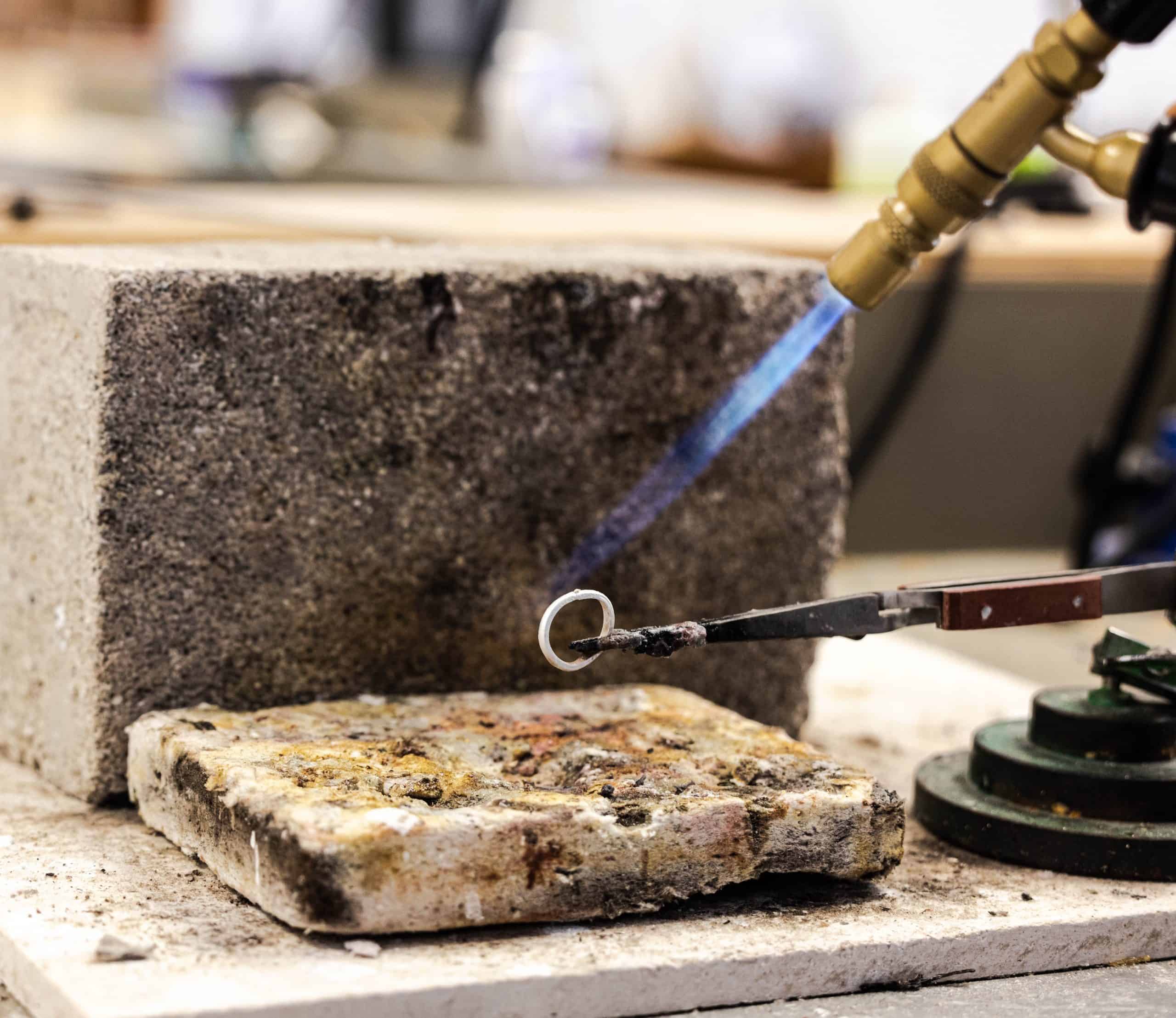
Certificate in Jewellery
NZQA Level 4 (60 credits)
Graduates of this programme will be able to:
Applicants must
International applicants must
The vast majority of our team have extensive experience within their respective industries. This is key in helping us ensure our graduates have the real-world skills they need for a successful career and bright future.
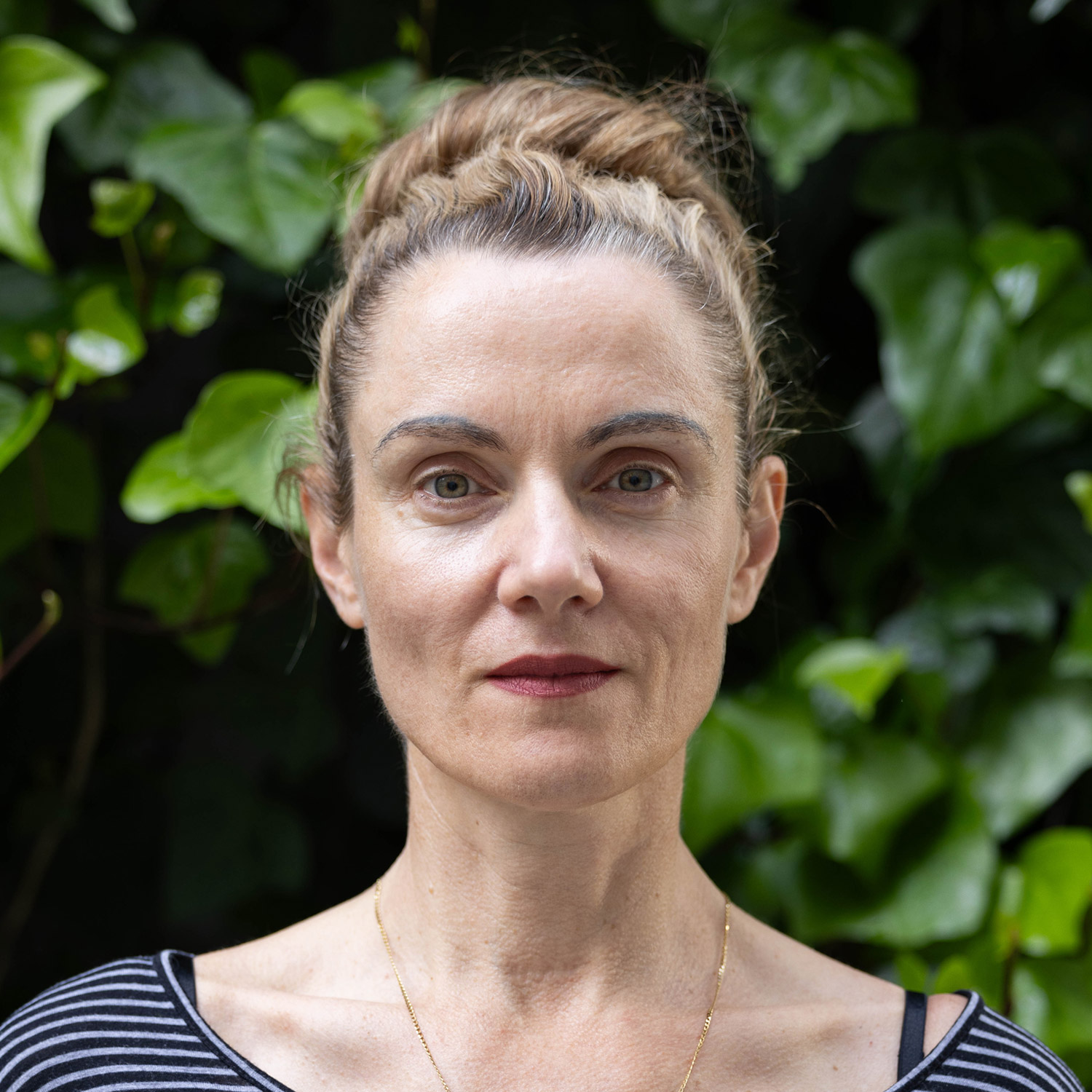
Veronica’s extensive fashion background spans from traditional fashion methodology to graphic a ...
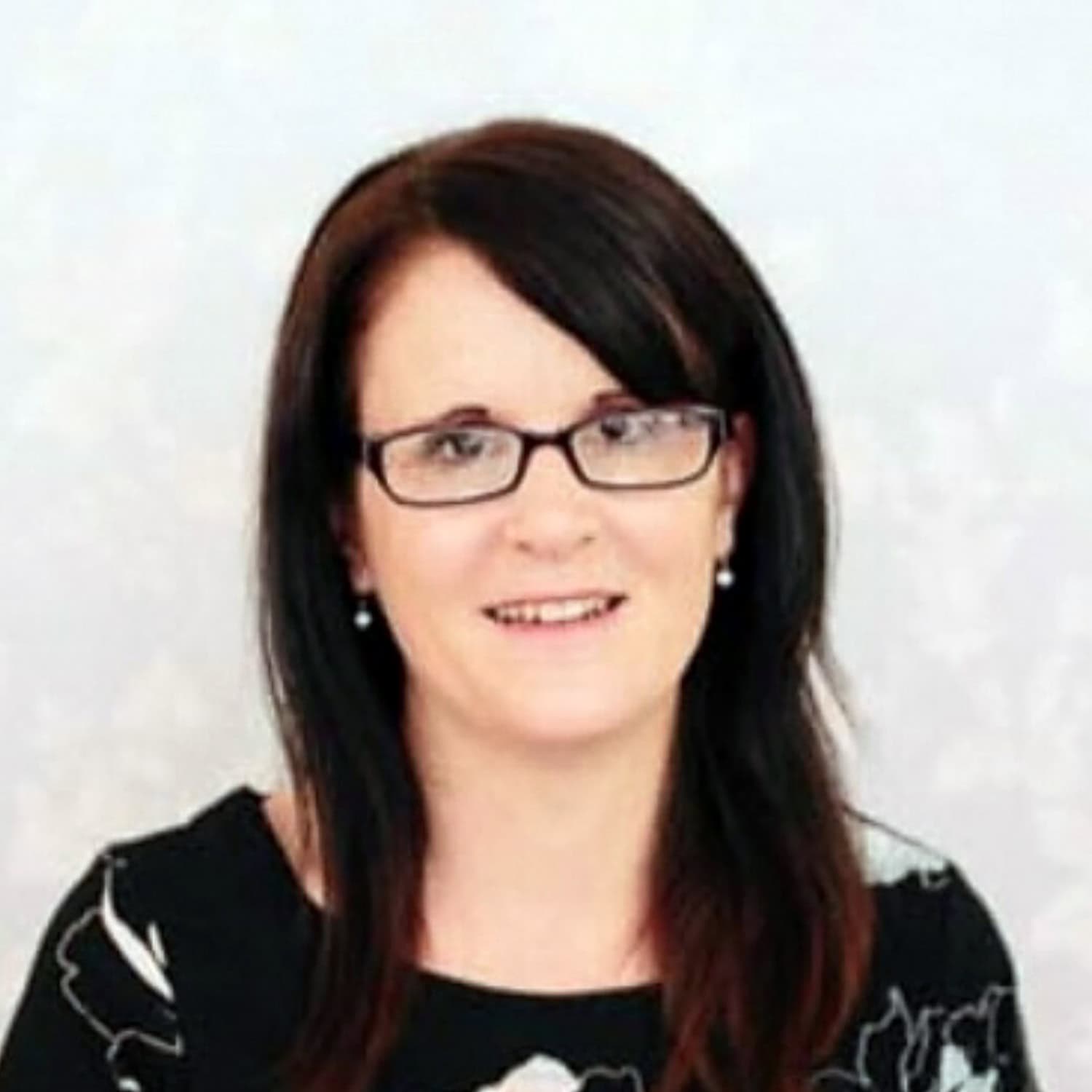
Angela holds a Diploma in Fashion Design and Technology from Massey University, where she receive ...
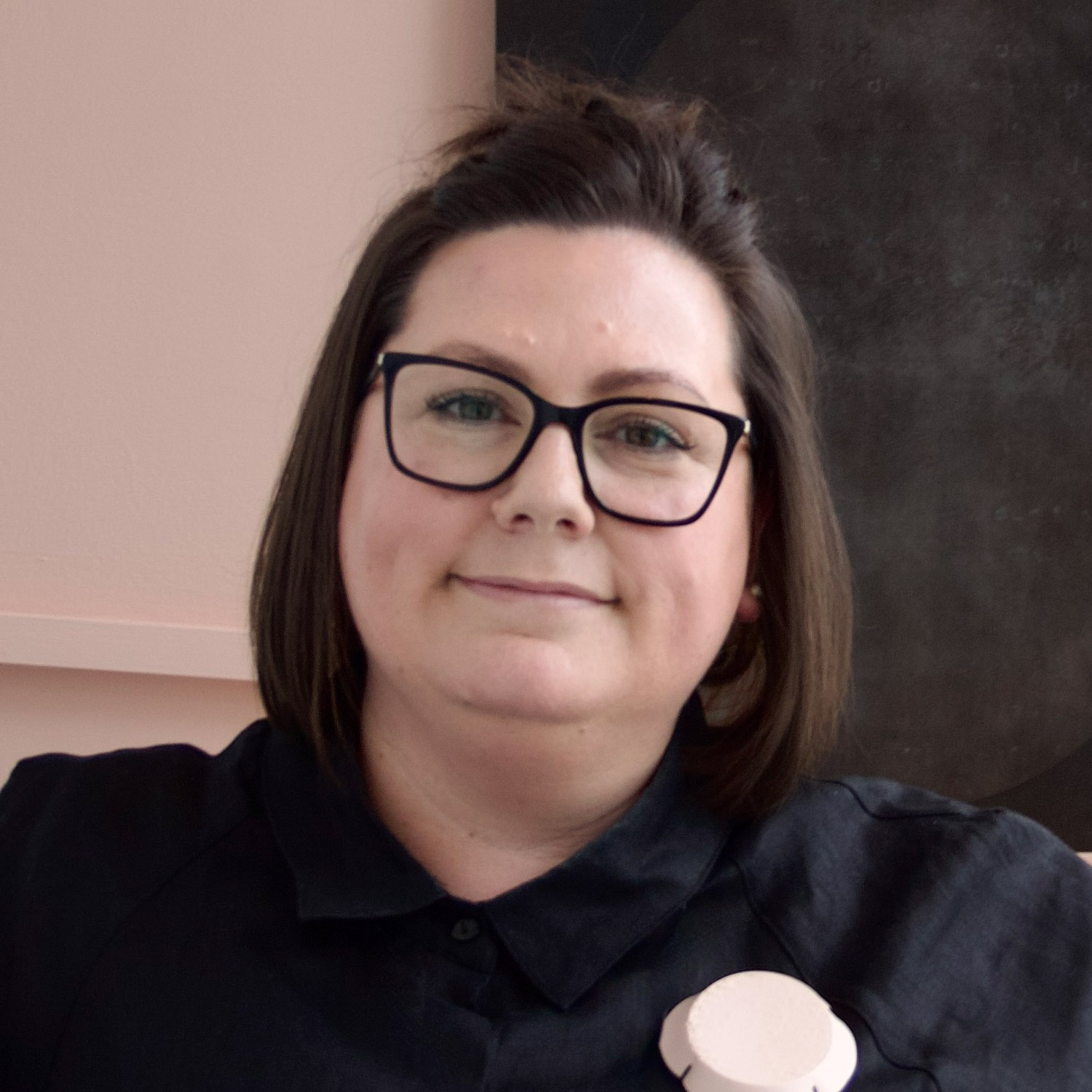
Denise Callan graduated from Whitecliffe College with a Bachelor in Jewellery Design and Technolo ...
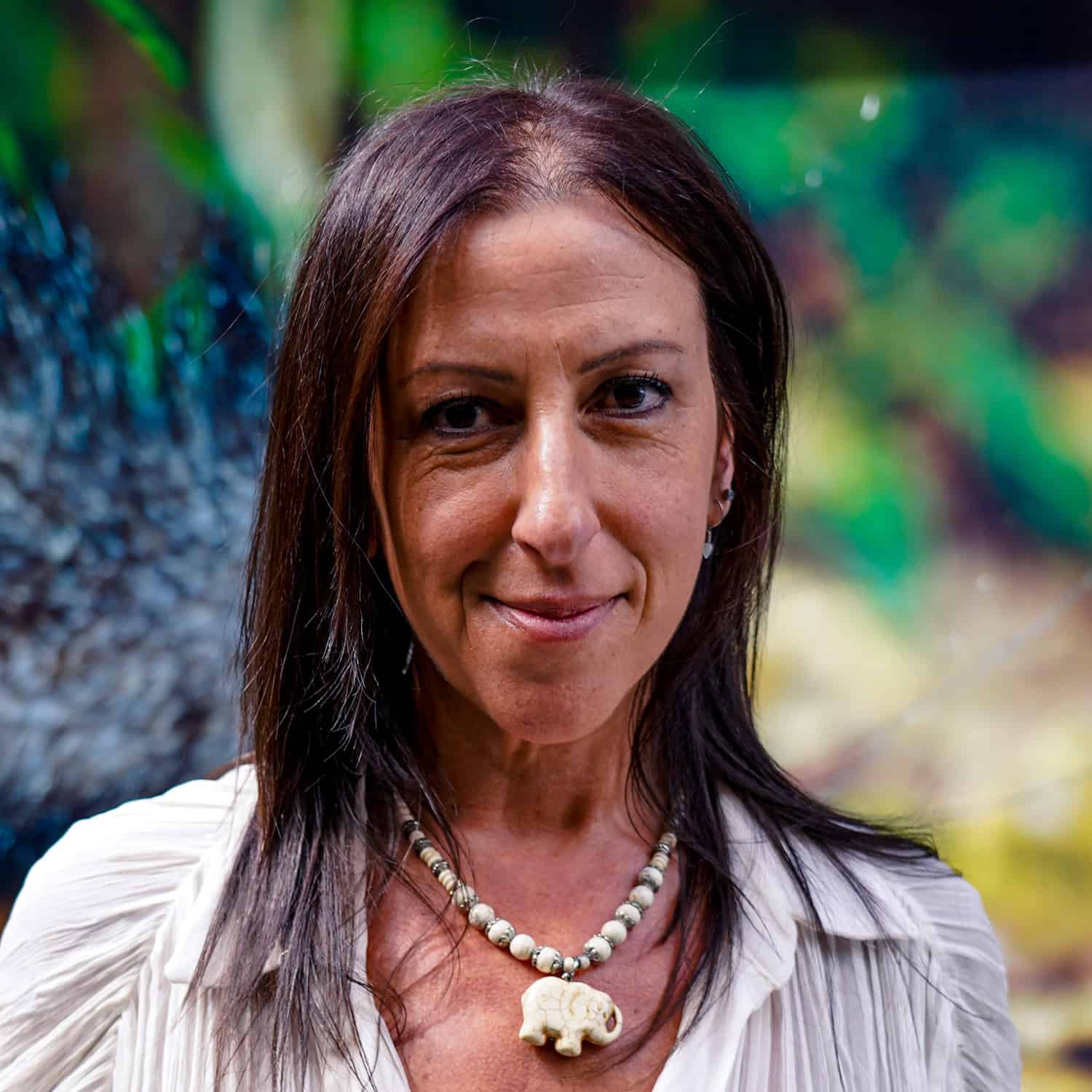
Doula has a rich background in fashion design, having graduated with an Advanced Diploma in Fashi ...

Giles Peterson is a distinguished educator and independent curator at Whitecliffe College of Arts ...

Harita Kapur is an academic and design professional with over 30 years of experience in integrati ...
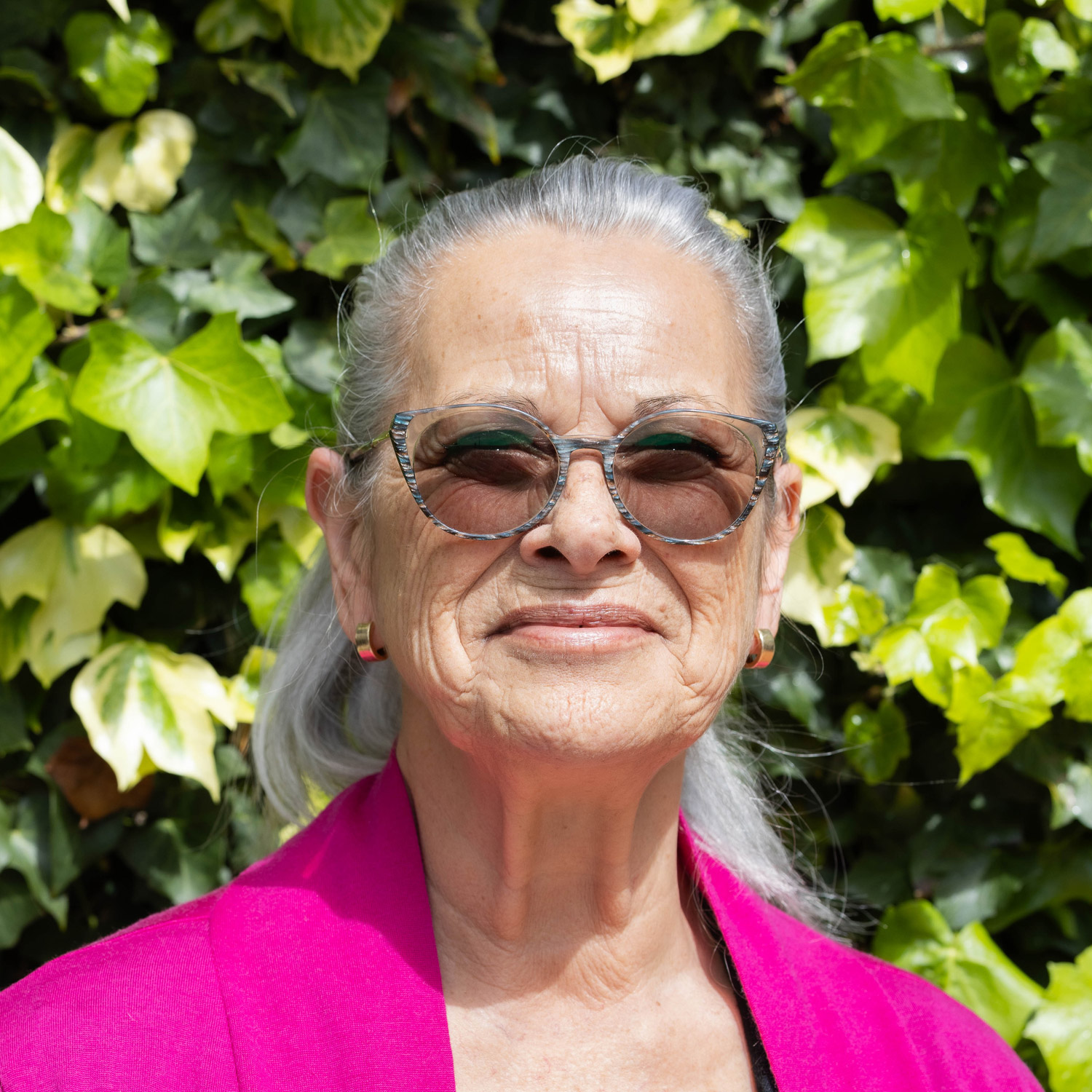
Working with such a diverse range of people brings Heather immense satisfaction. She truly believ ...

As a graduate of the Wellington Polytechnic School of Fashion, Lisa discovered her passion for fa ...
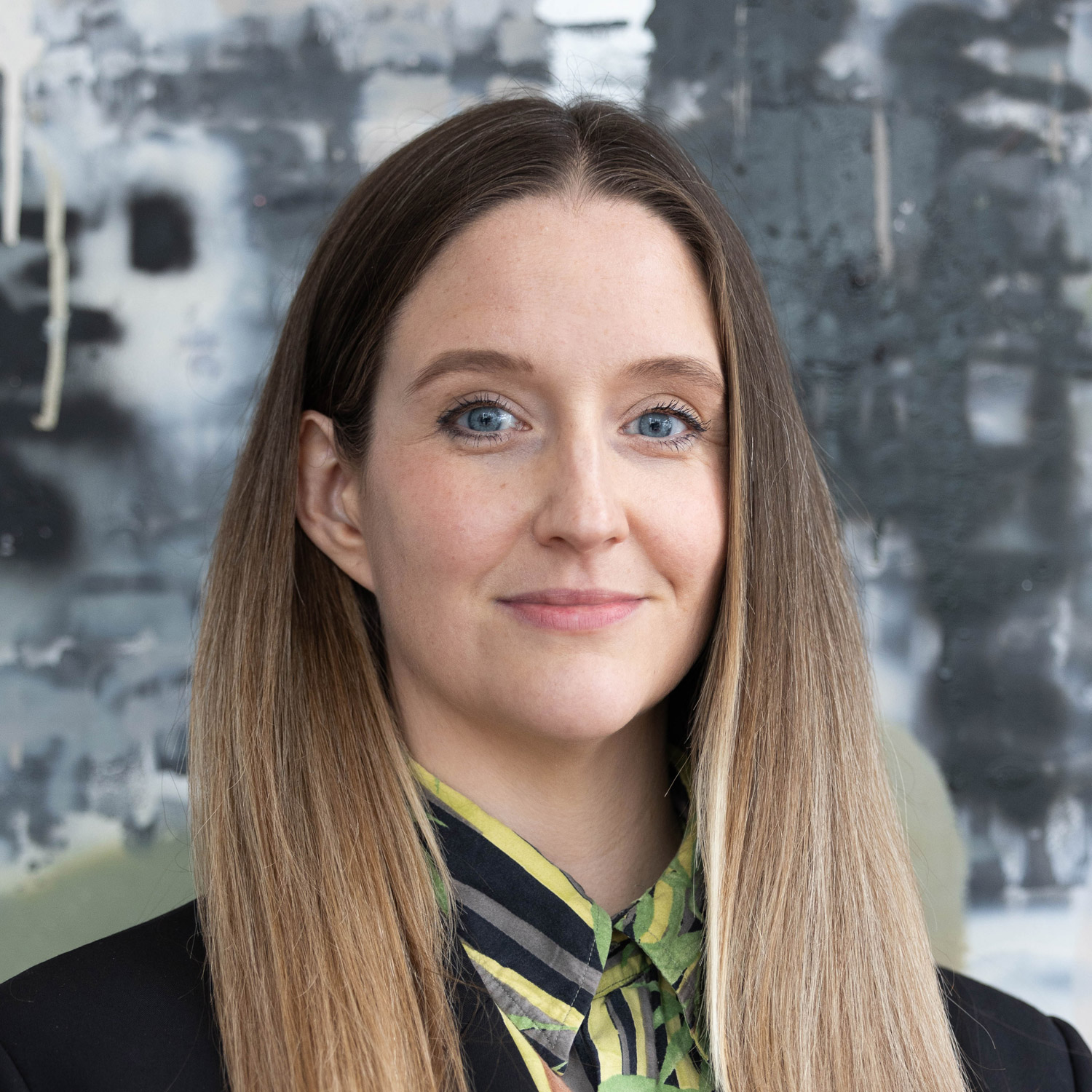
Michelle holds a Master’s degree in Fashion from Central Saint Martins, a Postgraduate Certific ...

Nicole integrates innovative design methodologies with a commitment to sustainability and critica ...
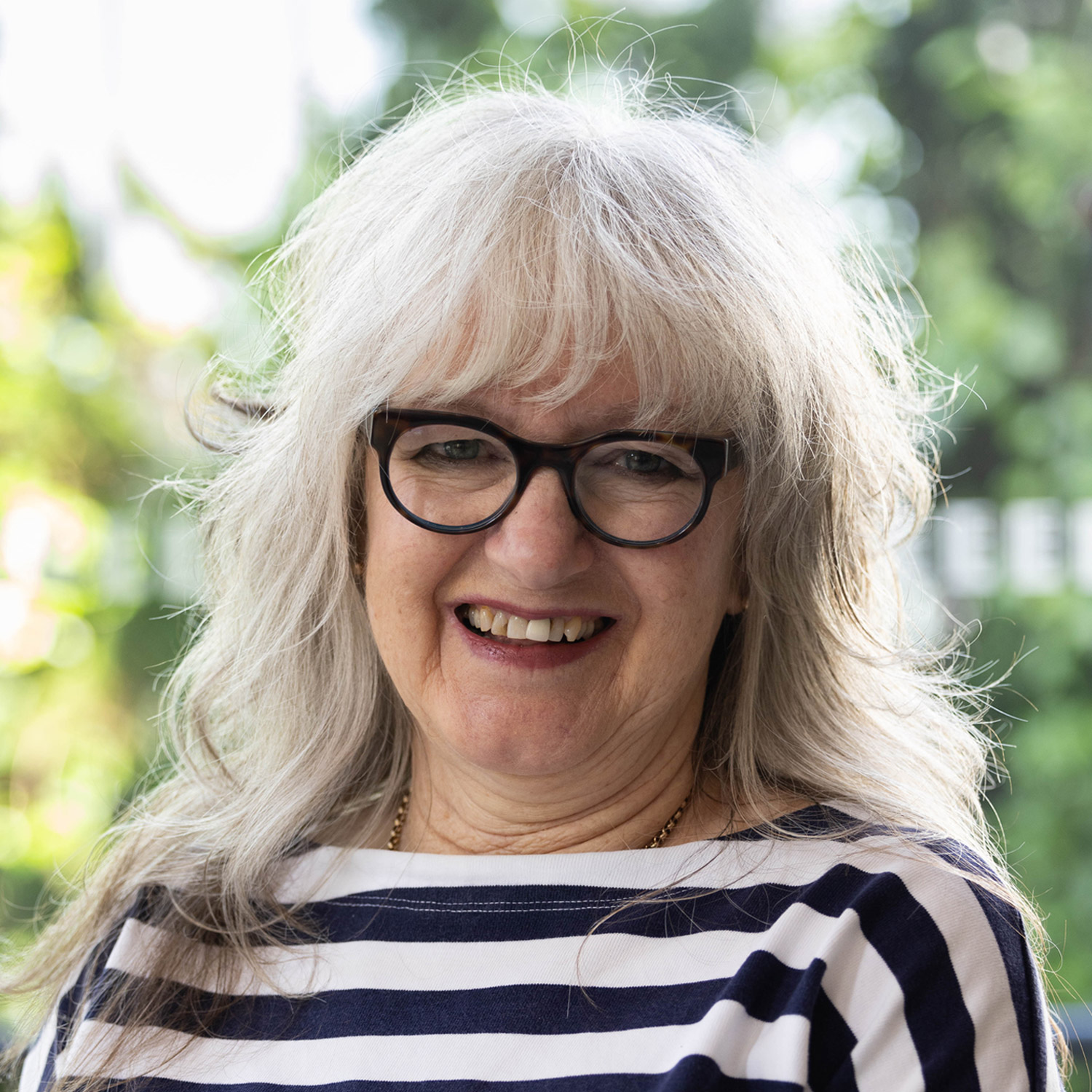
Born in Yorkshire during a time when crafting and repurposing were everyday practices, Susan Bart ...

Tannaz Barkhordari is a fashion designer and educator, specialising in sustainable fashion practi ...
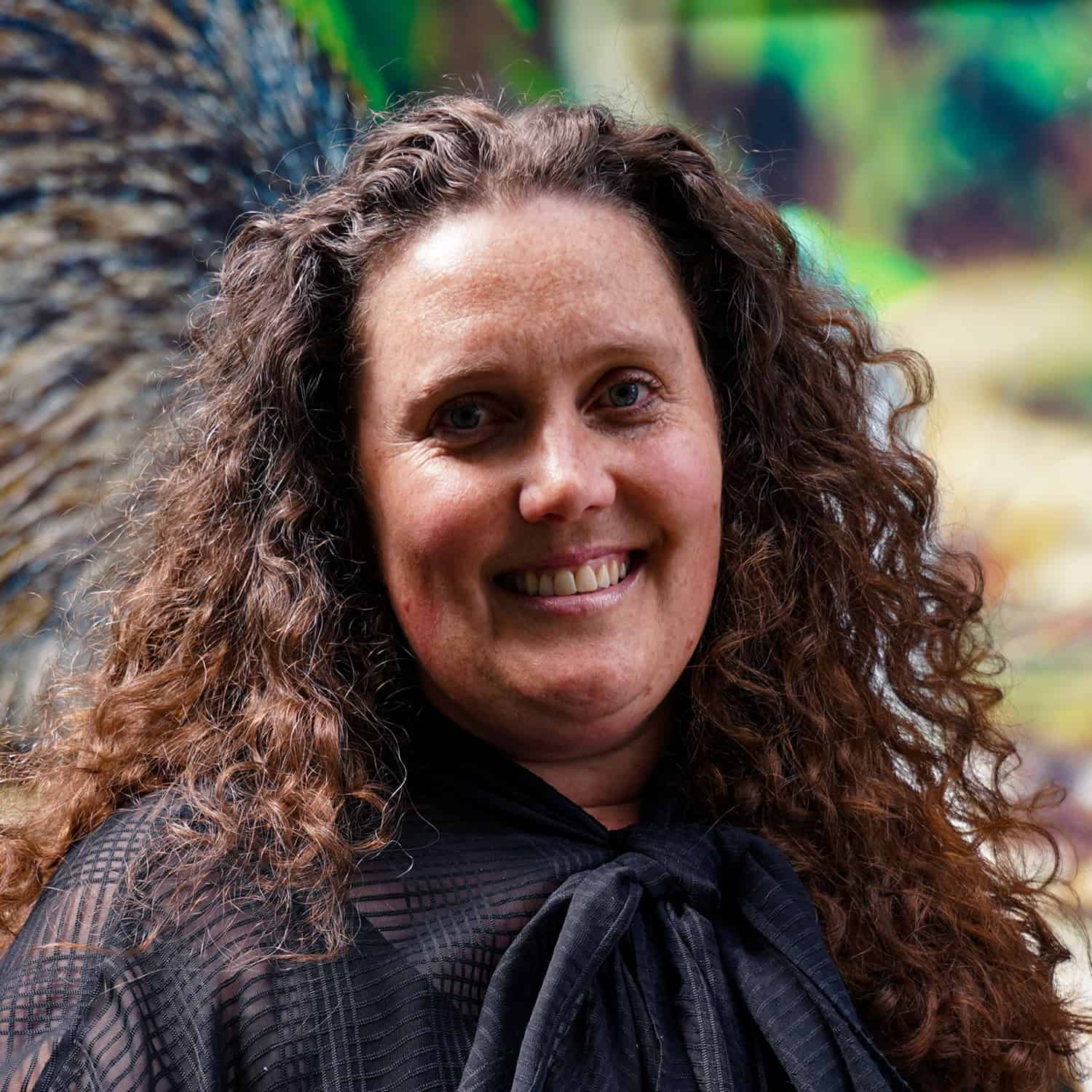
Pip has been involved in the fashion industry since completing her Bachelor of Design (Fashion) a ...
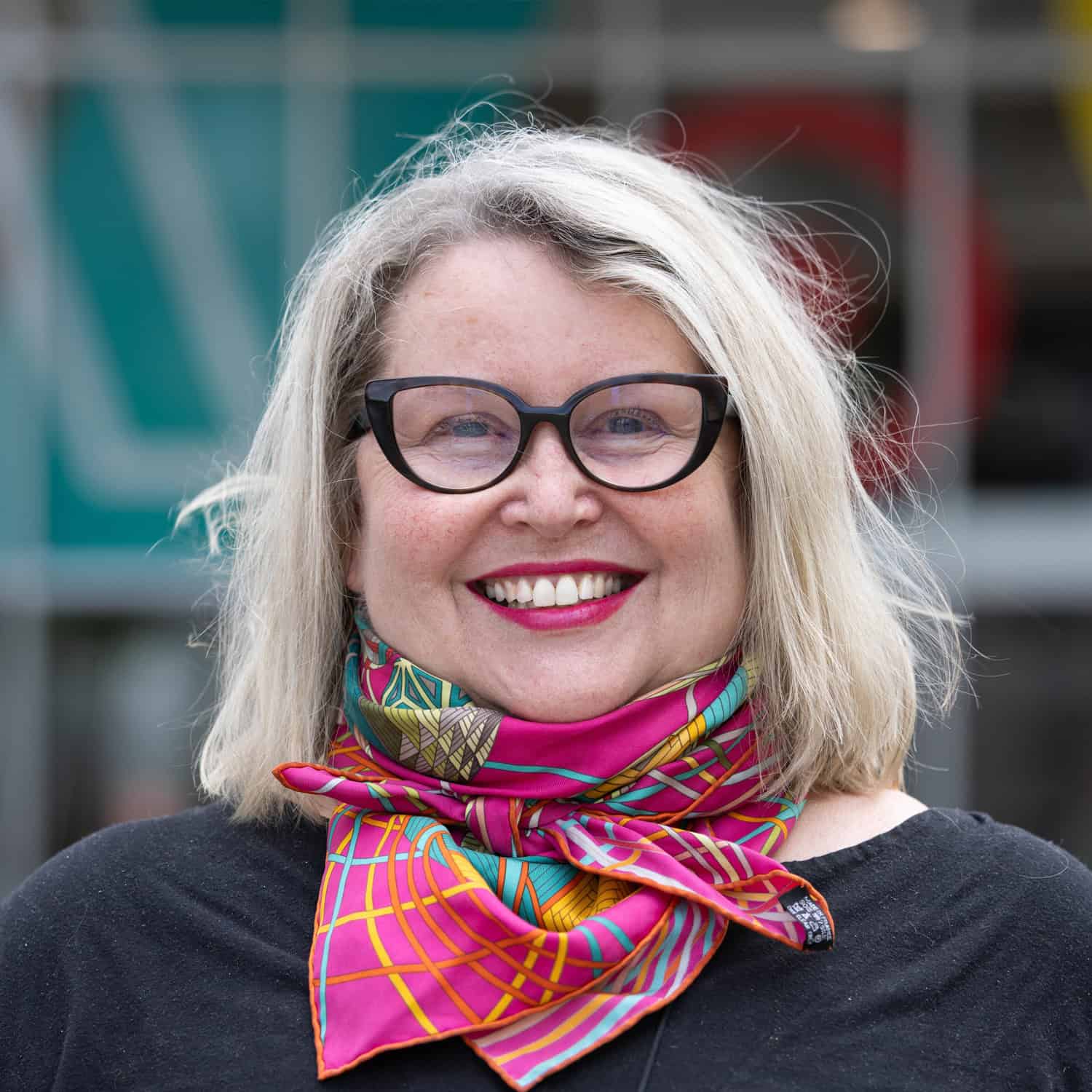
Christina has enjoyed a wonderfully diverse career. This has encompassed the design of lingerie, ...